Discover the Ultimate Guide to Hot Water Power Washers: Benefits, Tips, and Applications
In recent years, the demand for effective cleaning solutions has soared, with the global pressure washer market projected to reach $2.1 billion by 2026, largely driven by the versatility and efficiency of hot water power washers. These advanced machines not only provide superior cleaning capabilities compared to their cold water counterparts but also significantly reduce the time and effort required for tough cleaning tasks.
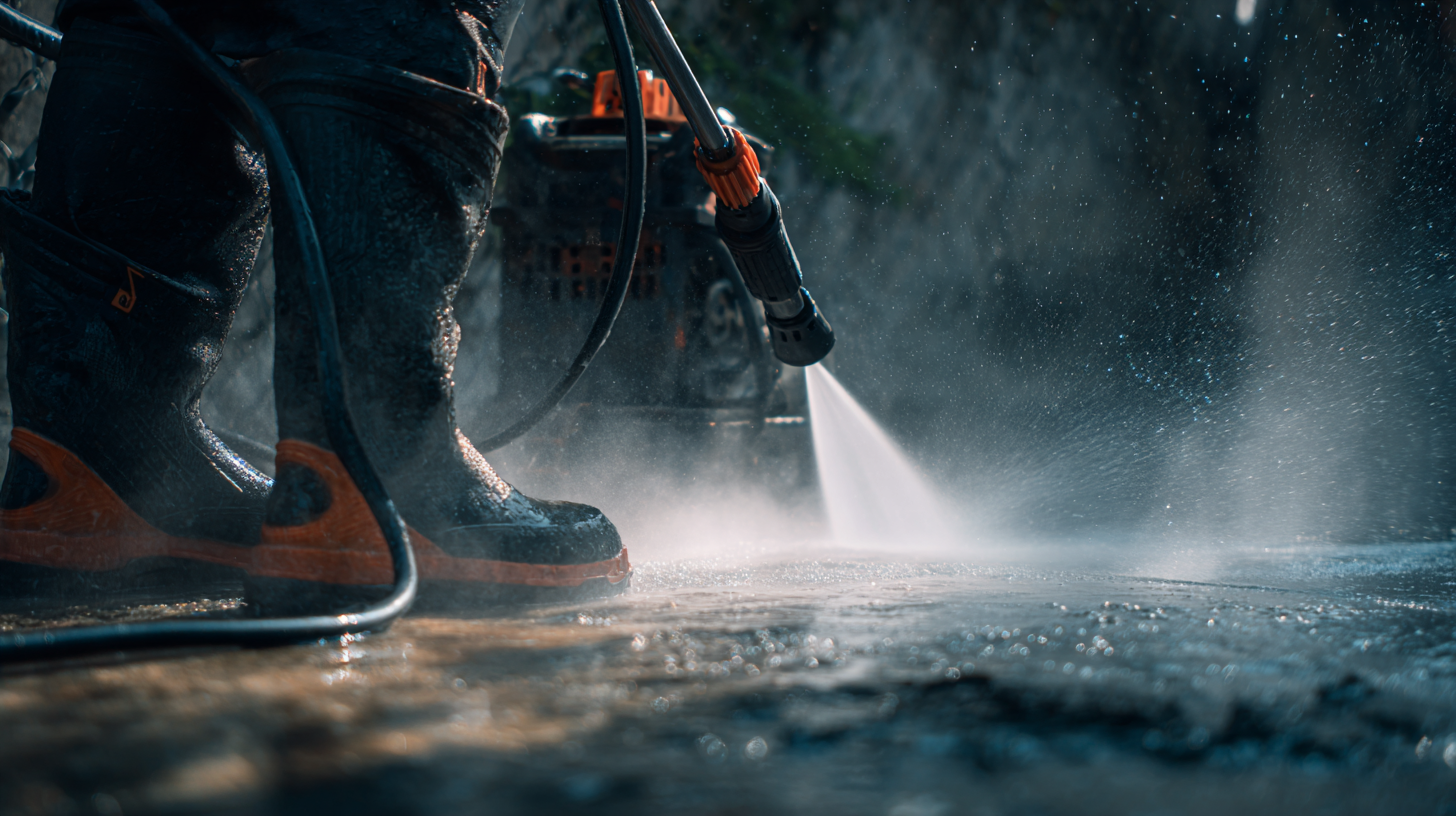
According to a report by Market Research Future, hot water power washers are favored in commercial settings for their ability to eliminate grease, oil, and other stubborn contaminants quickly, making them essential for industries such as automotive, construction, and food services. This guide will delve into the myriad benefits, professional tips, and diverse applications of hot water power washers, equipping you with the knowledge needed to harness their full potential in both residential and commercial cleaning scenarios.
Benefits of Using Hot Water Power Washers for Deep Cleaning
Hot water power washers offer significant advantages for deep cleaning tasks, making them an essential tool for both residential and commercial applications. The primary benefit of using hot water lies in its ability to break down grease, oil, and stubborn dirt more effectively than cold water. The elevated temperatures allow cleaning detergents to work synergistically, enhancing their ability to lift and remove contaminants. This is particularly crucial for industries such as automotive, food service, and manufacturing, where hygiene and cleanliness are paramount.
In addition to superior cleaning power, hot water power washers can also save time and labor costs. With the ability to remove grime quickly, users can complete cleaning jobs in a fraction of the time it would take with traditional methods. This efficiency not only improves productivity but also reduces water usage, as less rinsing is required. Furthermore, the hot water helps sanitize surfaces, an important factor in environments where bacteria and pathogens can thrive. Overall, investing in a hot water power washer can significantly elevate the standard of cleanliness and efficiency in any setting.
Discover the Ultimate Guide to Hot Water Power Washers: Benefits, Tips, and Applications
| Feature | Description | Benefits | Applications |
|---|---|---|---|
| Heat Temperature | Water temperature can reach up to 200°F | Increased cleaning efficiency and quicker results | Commercial kitchens, food trucks |
| Pressure | High pressure output for effective dirt removal | Removes tough stains and grease safely | Industrial equipment, driveways |
| Eco-Friendly | Uses less detergent compared to cold water washing | Reduced chemical usage, environment-friendly | Residential and commercial outdoor cleaning |
| Versatility | Can be used for various surfaces | Applicable for multiple cleaning tasks | Vehicles, patios, decks |
| Time Efficiency | Hot water reduces cleaning time | Quicker turnaround for cleaning jobs | Construction sites, maintenance |
Essential Tips for Choosing the Right Hot Water Power Washer
When selecting the right hot water power washer, several essential tips can guide your decision-making process. First, consider the power source that suits your needs best: electric or gas. Electric models are often lighter, quieter, and require less maintenance, making them ideal for residential use. On the other hand, gas-powered washers typically deliver more power and are better suited for heavy-duty tasks in commercial or industrial settings.
Another aspect to pay attention to is the temperature range. Hot water power washers can reach temperatures of up to 250°F, which is effective in removing stubborn grease and grime. Ensure that the model you choose has a thermostat and temperature control features for optimal performance. Additionally, check the flow rate in gallons per minute (GPM), as a higher GPM will allow you to clean larger areas more efficiently.
Lastly, look for additional features that may enhance usability. A sturdy frame, large wheels for mobility, and a quality hose can greatly improve the washing experience. Some advanced models even include adjustable nozzles for various spray patterns. By taking these considerations into account, you can choose a hot water power washer that meets your specific cleaning needs.
Top Applications of Hot Water Power Washers in Various Industries
Hot water power washers are invaluable tools across various industries due to their ability to effectively tackle tough cleaning tasks. In the automotive sector, for instance, these machines excel at removing grease, oil, and grime from vehicle surfaces and components. The combination of heat and high pressure facilitates deep cleaning, ensuring that every part of a vehicle is spotless before repairs or paint jobs. This not only enhances the appearance but also helps in maintaining the integrity of the vehicles.
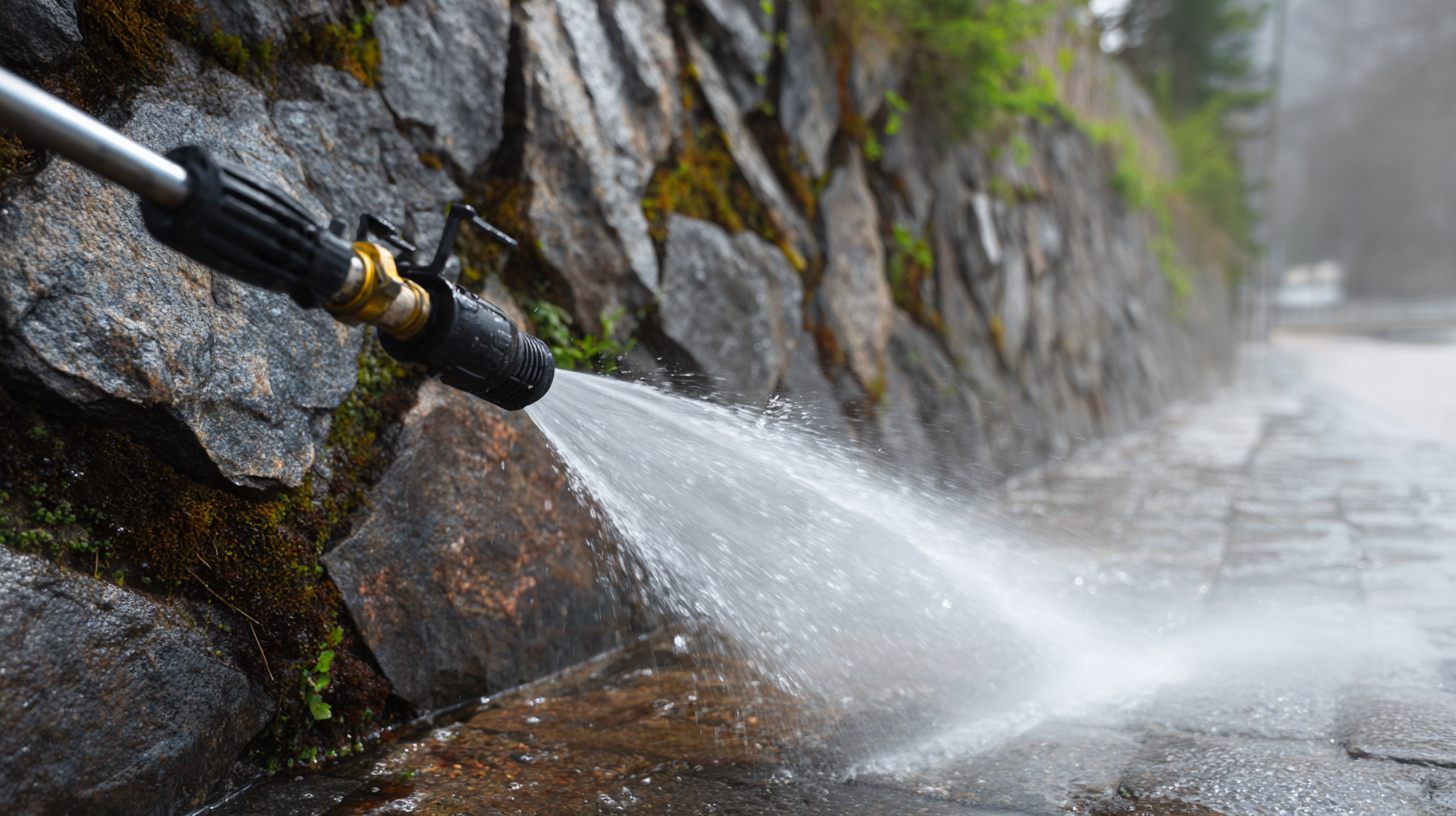
In the food service industry, hot water power washers play a crucial role in maintaining hygiene standards. Restaurants and commercial kitchens often deal with spills and residues that can harbor bacteria. The high-temperature water effectively sanitizes surfaces, equipment, and outdoor dining areas, making it easier to comply with health regulations. Additionally, these washers are essential in agricultural settings for cleaning equipment and livestock facilities, where thorough sanitation is necessary to prevent diseases. The versatility of hot water power washers makes them an indispensable asset across these diverse industries.
Maintenance Tips to Extend the Life of Your Hot Water Power Washer
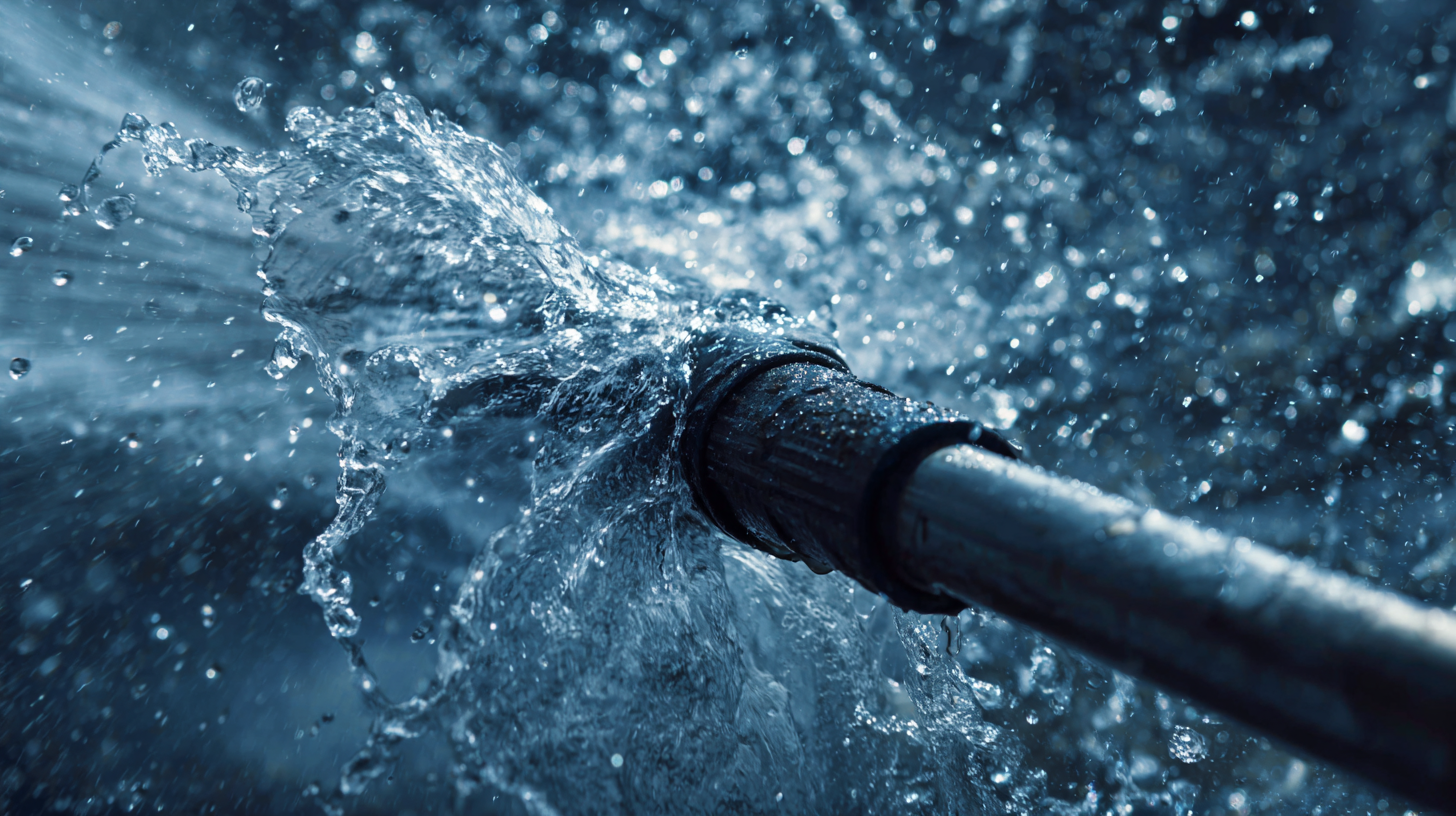 Maintaining your hot water power washer is crucial for ensuring its longevity and optimal performance. Regular maintenance not only extends the life of your machine but also enhances efficiency, saving you time and money in the long run. One key tip is to routinely flush the machine with clean water after each use. This helps remove any residual dirt or soap that could accumulate and potentially clog the system.
Maintaining your hot water power washer is crucial for ensuring its longevity and optimal performance. Regular maintenance not only extends the life of your machine but also enhances efficiency, saving you time and money in the long run. One key tip is to routinely flush the machine with clean water after each use. This helps remove any residual dirt or soap that could accumulate and potentially clog the system.
Another essential maintenance tip is to check and replace the washer's filters regularly. Dirty filters can significantly reduce water flow and pressure, making your machine work harder and possibly leading to burnout. Additionally, always inspect the hoses and connections for any signs of wear or leaks, ensuring that everything is in good condition before starting a job.
It's also important to keep your power washer clean. After usage, wipe down the exterior and remove any dirt or debris that may have settled on the unit. This not only improves the overall appearance of the machine but also prevents rust and corrosion over time. Taking these simple steps can significantly enhance the performance and lifespan of your hot water power washer, keeping it ready for your next cleaning task.
Safety Precautions to Consider When Using Hot Water Power Washers
When using hot water power washers, safety precautions are paramount to prevent accidents and ensure efficient cleaning. The U.S. Consumer Product Safety Commission reports thousands of injuries each year related to high-pressure washing equipment, highlighting the importance of proper handling and protective gear. Operators should always wear appropriate safety equipment, such as goggles, gloves, and non-slip footwear, to guard against the risk of water jets causing slips or injuries and to protect skin from hot water exposure, which can reach temperatures exceeding 200°F.
Furthermore, understanding the power of hot water can help guide operational safety. According to industry standards, hot water power washers can remove grease and grime effectively, but they operate under high pressure. Using a washer with a pressure rating above the recommended levels for certain surfaces can lead to damage or accidents. This is why it is crucial to assess the surfaces being cleaned and choose the correct nozzle and pressure setting. A report by the ANSI (American National Standards Institute) suggests that selecting the right power washer type based on specific cleaning tasks can reduce the likelihood of mishaps, ensuring not only a cleaner surface but also a safer working environment.
Related Posts
-

Discover the Ultimate Guide to Choosing the Best Hot Water Pressure Washer for Your Cleaning Needs
-
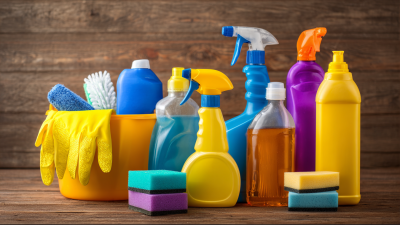
The Ultimate Guide to Choosing the Best Pressure Washing Supplies for Your Home
-

How to Choose the Right Pressure Washing Equipment for Your Needs
-

Why Understanding Pressure Washing Techniques Can Transform Your Cleaning Routine
-

Unlocking Market Potential: Soft Wash Pressure Washer Innovations at the 138th Canton Fair 2025
-
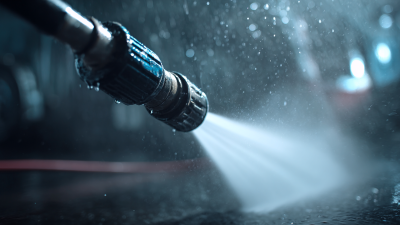
How High Pressure Washers Revolutionize Cleaning: Unveiling Efficiency with 2000 PSI and Beyond